detail profile xiucen yin
Peran Yang Di Mainkan Xiucen Yin
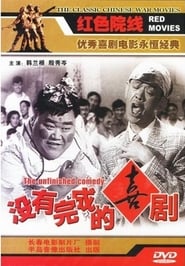 Two famous comedians from preRevolution days...
Two famous comedians from preRevolution days...Unfinished Comedy 1957
Two famous comedians from pre-Revolution days perform a series of sketches in a theatre for a group of Party cadres. The stage performances blend over into absurdist, self-contained fantasy episodes where the two comics allegorically parody Party propaganda and ideological orthodoxy.
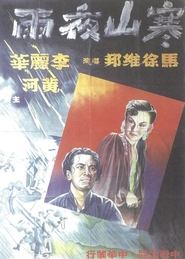 At a hotel near Cold Mountain...
At a hotel near Cold Mountain...Cold Mountain Night Rain 1942
At a hotel near Cold Mountain, travelers find a book titled Cold Mountain Night Rain in the library. The story goes: One stormy night, two officers escorting a young convict arrive at a house seeking shelter. The master, knowing the prisoner was a dutiful son, welcomes them. Later, a merchant and two travelers also arrive. During the night, a woman visits the convict but, impressed by his virtue, helps him escape. Meanwhile, a woman appears in the merchant’s room, but she vanishes when he calls for help. Later, the travelers rob the merchant, killing an officer, but are killed themselves after trying to assault the women. The convict escapes, and the merchant awakens near an ancient tomb, surrounded by officers and thieves. After finishing the story, a wise man reassures the travelers, saying the author used ghosts and gods to vent frustration with the world.
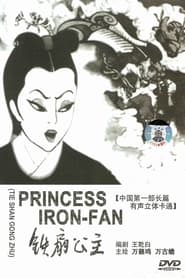 The story was liberally adapted from...
The story was liberally adapted from...Princess Iron Fan 1941
The story was liberally adapted from a short sequence in the popular Chinese folk tale Journey to the West. Princess Iron Fan is a main character. Specifically, the film focused on the duel between the Monkey King and a vengeful princess, whose fan is desperately needed to quench the flames that surround a peasant village.
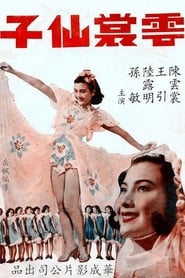 This is one of the rare...
This is one of the rare...The Angel 1939
This is one of the rare gems in early Chinese musical films that still exists today. Nancy Chan plays a naïve young woman who can sing and dance. Under the arrangement of her stepfather, she becomes a star and indulges in the glitz and glamour of the entertainment world before getting married to a wealthy heir in Nanyang. Yet her husband is cruel and unfaithful, leading her to divorce and return to her parents in Shanghai. She is set for a comeback to the stage. Her young daughter suffers from a serious illness. A remake of the Bu Wanchang’s silent film The Light of Maternal Instinct (1933), this film takes cues from Hollywood musicals, resulting in an elegant and lively fusion of camera movement and musical numbers. The film also reflects the harsh reality of China in the 1930s and the pathos of popular literature by combining morals, entertainment and social commentary to show that changes in the idea of femininity is a symbol of progress.
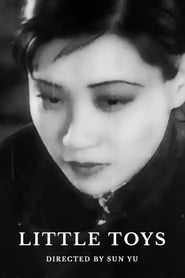 Sister Ye lives in a rural...
Sister Ye lives in a rural...Little Toys 1933
Sister Ye lives in a rural village, where everyone makes traditional toys. When Sister Ye's husband dies of an unknown illness, and while Ye is attending to him, her son is kidnapped and sold to a wealthy lady in the city of Shanghai. Shortly after, the village is destroyed during an attack between rival warlords, forcing the villagers move to the city, where they continue to make toys. Ten years pass, and Ye's daughter Zhu'er has become a toy designer. While helping the Nationalist army at the rear, Zhu'er is killed in an attack by the Japanese. On New Year's Eve, Sister Ye is dressed in rags, sitting on the curb, selling toys. A young boy buys toys from her, and it is none other than her son, whom she does not recognize.
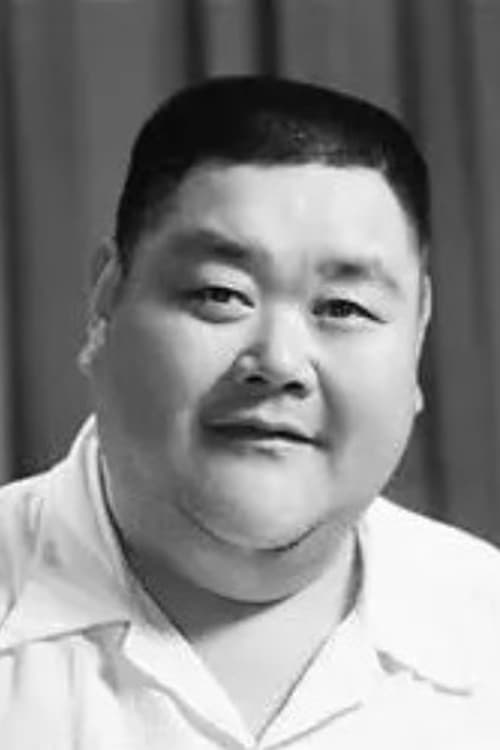
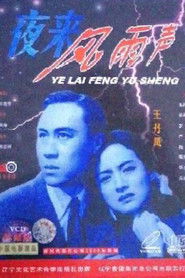
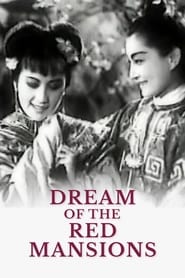 Based on the famous 18th century...
Based on the famous 18th century...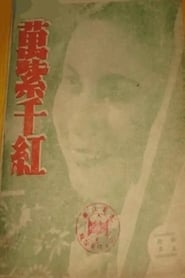
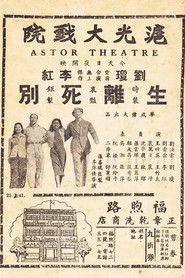
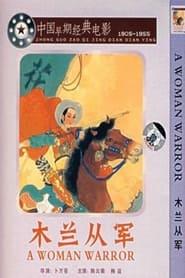 This movie is based on the...
This movie is based on the...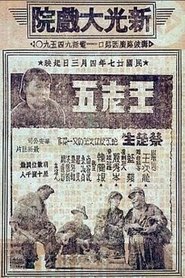 Old Shanghai
Old Shanghai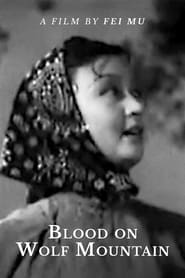 Blood on Wolf Mountain tells the...
Blood on Wolf Mountain tells the...